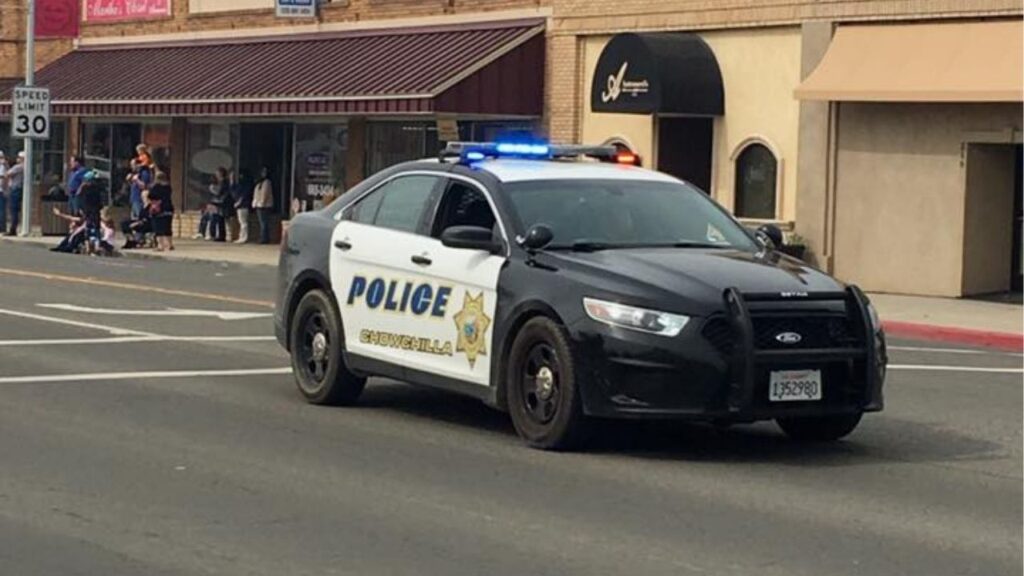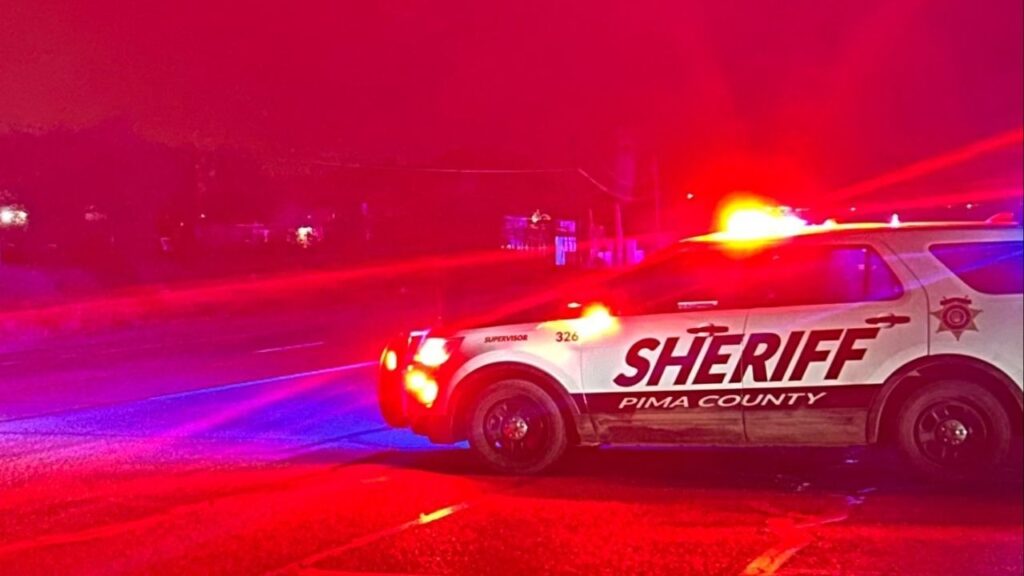Share
The roughly 2,000 state and local governments suing the drug industry over the deadly opioid crisis have yet to see any verdicts or reach any big national settlements but are already tussling with each other over how to divide any money they collect.
“If we don’t use dollars recovered from these opioid lawsuits to end the opioid epidemic, shame on us,” Kentucky Attorney General Andy Beshear said.
Overdoses from opioids, which include prescription painkillers and illegal drugs like heroin, have surpassed automobile crashes in recent years as the biggest cause of accidental deaths in the U.S., accounting for the loss of more than 400,000 lives since 2000.
An Associated Press analysis found that by 2011 and 2012, the industry was shipping enough prescription opioids to give every man, woman, and child in the U.S. nearly a 20-day supply each year.
In their lawsuits, the governments contend the brand-name manufacturers fraudulently downplayed the addiction risks of the powerful painkillers while encouraging doctors to prescribe their patients more drugs and at higher doses. They also argue that drugmakers and distributors failed to stop suspiciously large shipments. The defendants dispute the allegations.
Plaintiffs Want to Ensure Money Goes to Addiction Treatment
In the late 1990s, attorneys general for all 50 states reached colossal settlements under which tobacco companies would pay them forever. A tally by the Campaign for Tobacco-Free Kids found states have received more than $161 billion so far.
But some of the money has gone toward such things as roads, bridges or teacher pensions. Some of the money went into states’ general fund accounts, available for all sorts of uses.
“Most states have used their settlement recoveries, which are massive, for everything but the problem that gave rise to the litigation,” said Doug Blake, a former Minnesota assistant attorney general who worked on the state’s tobacco settlement.
The anti-smoking group says that for the fiscal year that ended in June, states took in $27.3 billion from the settlements and from tobacco taxes and spent just 2.4% of that on kick-the-habit and smoking-prevention programs. The group also found that states spend, on average, less than one-fifth of what the U.S. Centers for Disease Control and Prevention recommends on anti-smoking programs.
In the opioid litigation, plaintiffs want to make sure the money goes toward treating addiction and preventing drug abuse. Some also want to be reimbursed for extra taxpayer costs associated with the epidemic, such as rising expenses for jails and mental health services, more ambulance runs and police calls, and more children of addicts placed in the care of the child-welfare system.

Most Claims from Cities, Counties in Federal Court
Close to 2,000 local governments have made claims against the drug industry. While the states’ lawsuits are in state court, most of the city and county claims are in federal court, where they have been consolidated under one Cleveland-based judge who is pushing for a settlement.
Joe Rice, an architect of the tobacco settlement and one of the lead lawyers in the opioid cases, with clients including both local governments and states, said local governments are suing partly because they think they can do a better job with the money than states did with the tobacco funds. Rice noted the opioid crisis has run up costs for local governments in ways cigarettes did not.
New Jersey’s Camden County, for instance, started allocating extra money for its Office of Mental Health and Addiction to deal with problem back in 2015. That first year, the county of a half-million people just outside Philadelphia kicked in $150,000. This year, it is up to $600,000.
The sum does not include other crisis-related costs sprinkled throughout the county budget: $156,000 for opioid treatment for jail inmates, cleaning up “needle parks” and holding an annual recovery softball game.
States Worry About Splitting Settlement Funds
In the event of a nationwide settlement, Rice and other lawyers representing local governments have proposed a plan that would set in advance how much county and local governments would get, based on the amount of drugs shipped there, the overdose deaths and the number of people addicted.
But many attorneys general have asked U.S. District Judge Dan Polster not to approve the plan. Thirty-eight warned in a filing this month that the process “would make ‘global peace’ more, not less, difficult to achieve.”
The states also worry about the wisdom of splitting settlement funds with local governments.
“Doling out small buckets of funds without regard to how the funds should be spent is the opposite of a ‘coordinated’ response, which would balance statewide efforts — such as public education campaigns — with any local efforts,” the attorneys general wrote.
Categories

Pentagon to Send 200 Troops to Nigeria

FDA Refuses to Review Moderna Flu Vaccine

















